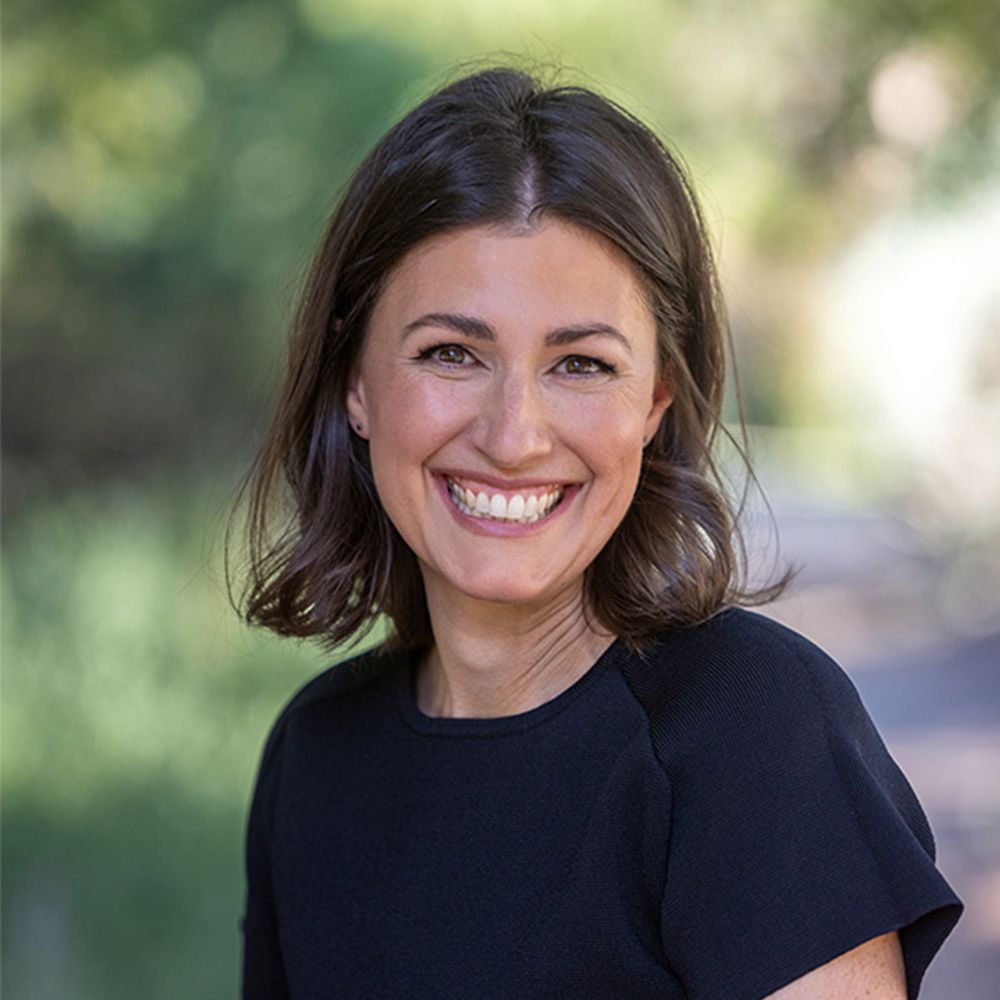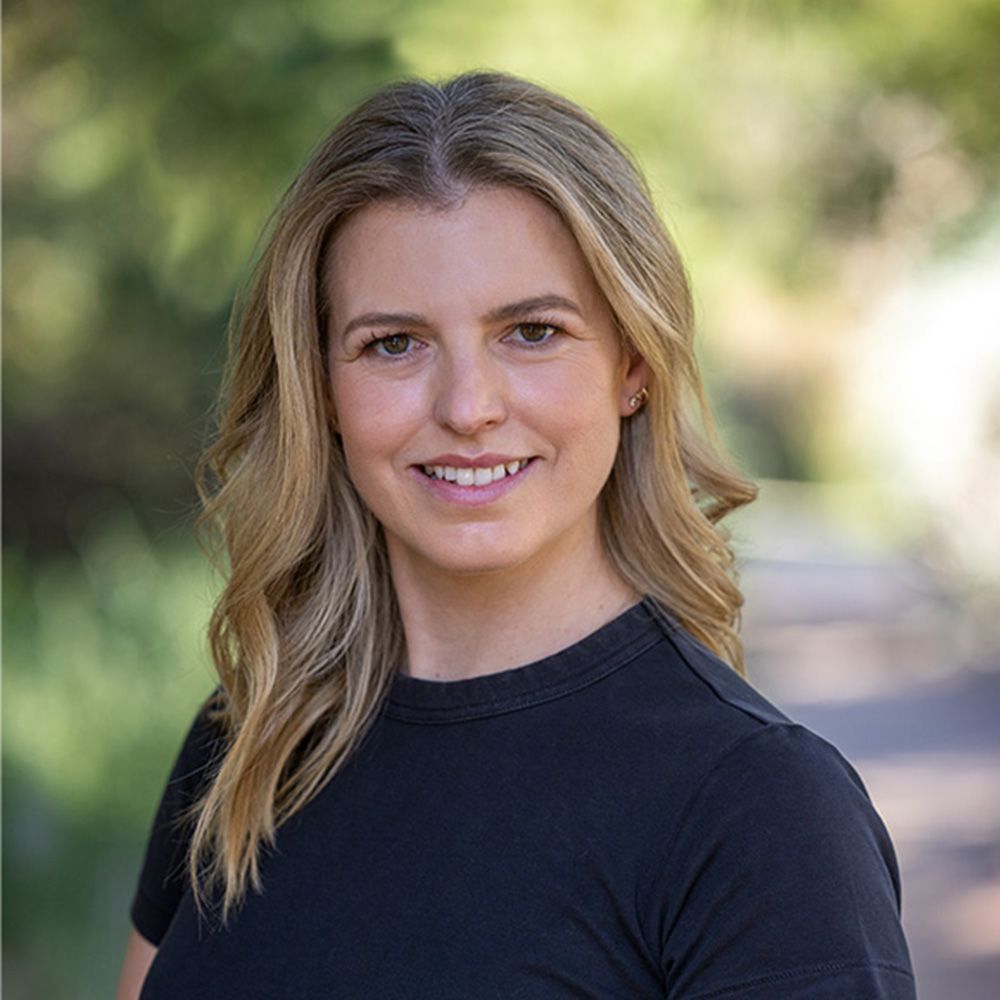Part-time politician mission
Combine large, bold images with the beautifully crafted words of your story.
Part-time politician mission
Australian women – and men – have been successfully working part-time for decades, but not so our elected parliamentarians. Meet Bronwen Bock (TC 2002), the democracy disruptor calling for change.
By Catherine Best
POLITICS | TRINITY TODAY 2024
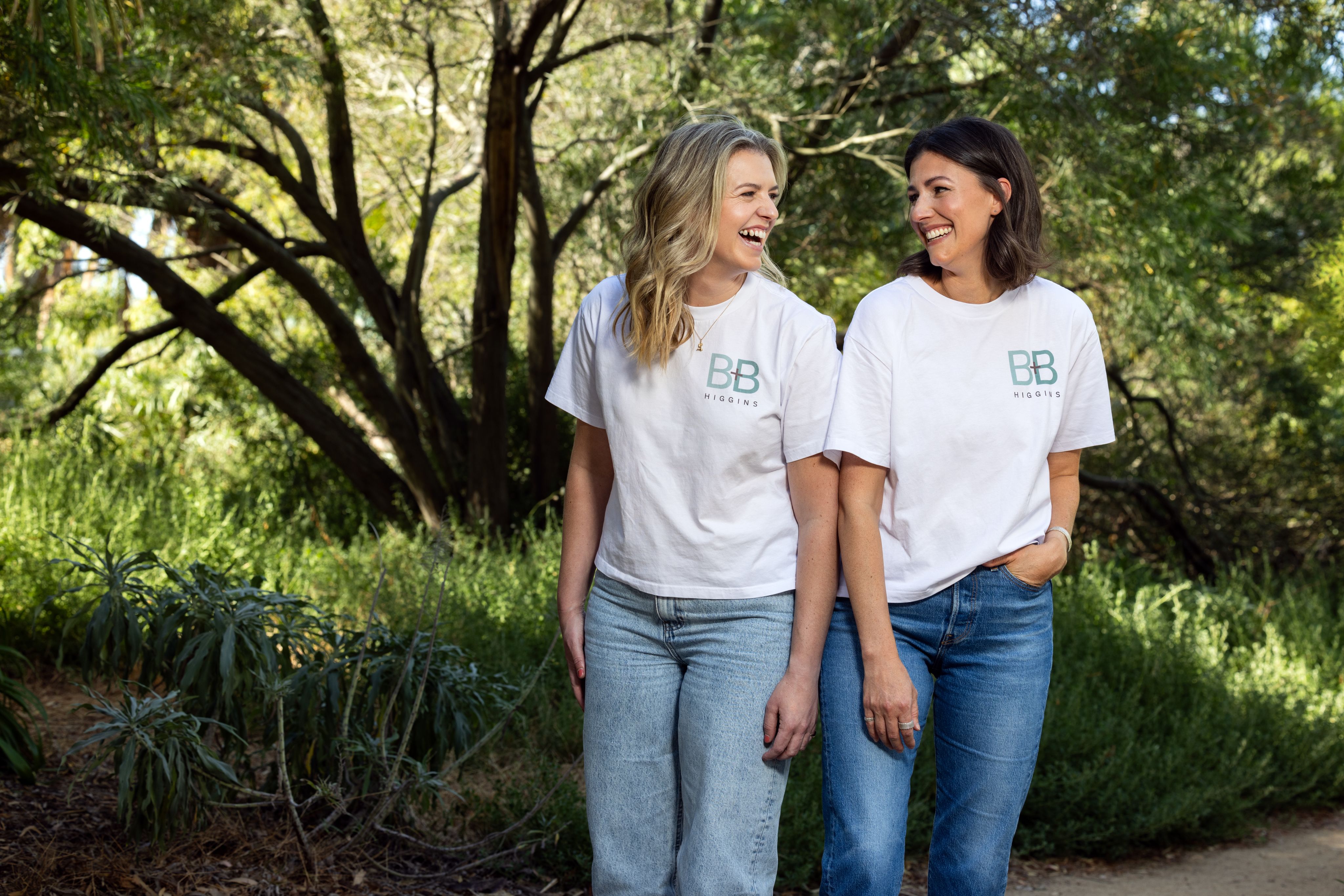
Bronwen Bock was destined to be a trailblazer. Back in 2003, she was a second-year university student when her mother won a gender equality battle that would pave the way for more female engineering academics in a faculty dominated by men.
Both women are changemakers in their own right. Lucy, a lawyer and former political staffer, was most recently communications and campaigns manager at the Workplace Gender Equality Agency (WGEA). Bronwen, a former investment banker, is a governance expert and gender equality consultant. Together, they want to challenge the status quo of parliament, to make it more inclusive and representative.
Bronwen Bock
Bronwen Bock
Lucy Bradlow
Lucy Bradlow
‘I believe so strongly that parliament should be like any other workplace where there are options for flexible work and job sharing,’ says Bronwen, who has a Bachelor of Commerce/Bachelor of Arts from the University of Melbourne and a Master of Finance from INSEAD business school.
The job-share campaign was Lucy’s idea after she became frustrated by how a lack of part-time leadership opportunities in Australia was disproportionately affecting women. (WGEA research shows 30 per cent of women employed by private sector organisations with 100 or more staff work part-time, but only 7 per cent of management roles are part-time.)
‘Workplaces with 100 or more employees are required to report … on their gender pay gaps and on what measures they’re putting in place to promote gender equality,’ Lucy says. ‘And yet parliament itself is not required to meet those same standards, and I think that being able to lead from the top and say, “We’ve got job-sharing politicians, we’re creating opportunities for a broader group of people to come into parliament”, is very important … I think it gives permission for other organisations to do the same.’
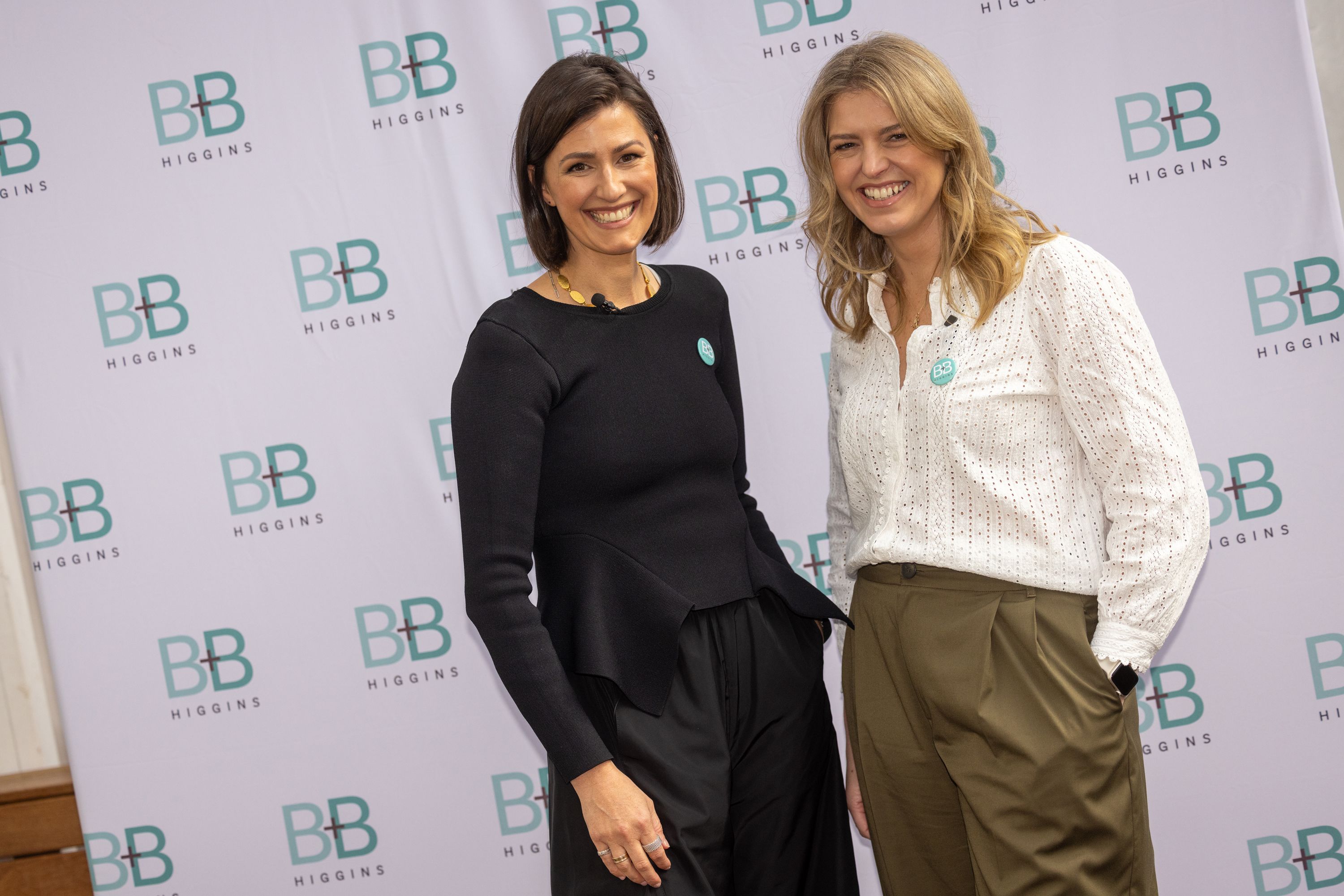
Some workplaces drive reform from within. And for a role model, Bronwen need look no further than her mother, Professor Doreen Thomas. Doreen was the head of Melbourne University’s Department of Electrical and Electronic Engineering in 2002 when women comprised just 12 per cent of academics in the faculty. It was an imbalance she fought to redress. The following year, the Victorian Civil and Administrative Tribunal (VCAT) granted the university an exemption under the Equal Opportunity Act, enabling the engineering faculty to advertise three women-only post-doctoral fellowships.
‘I still remember celebrating with her,’ recalls Bronwen, ‘and that being a big formative moment for me for understanding the importance of trying to drive for different outcomes and inclusion in our university. But, also, we’re taking it a step further now into parliament.’
Bronwen’s drive comes partly from her parents, who met in residence at Oxford University, and from her academic years at Trinity College, where she was encouraged to participate in different causes and ‘create and drive change’. But the biggest mind shift came after the birth of her first child, when she left a decade-long role as an investment banker at Macquarie Group to join REA Group, where she worked part-time and had a further two children.
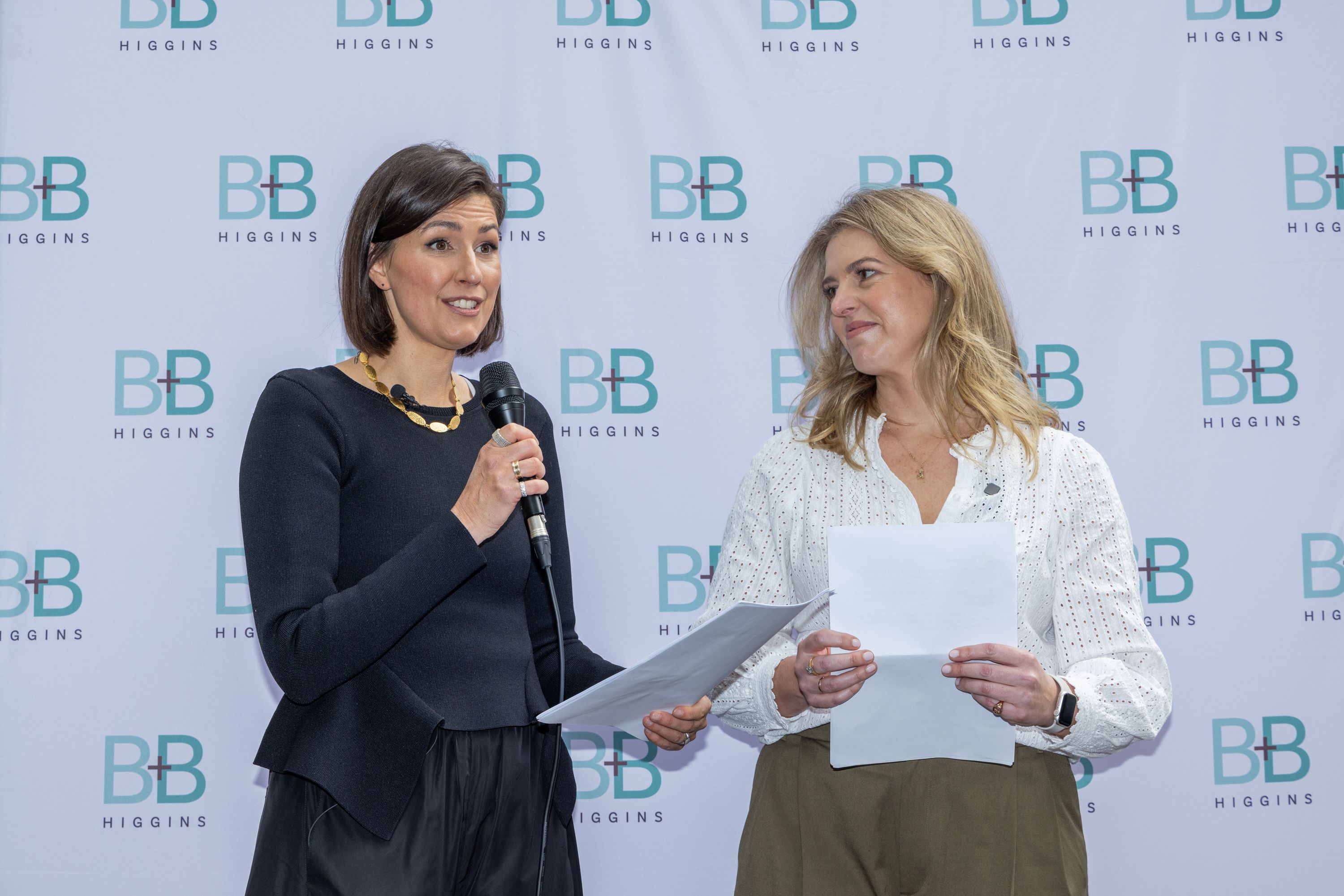
‘Time and time again I came up against – and I saw peers come up against – the challenges of marrying flex work and leadership,’ Bronwen says. ‘Through that time, I had three babies, so I was juggling trying to work flexibly but still progressing in my career.’
Lucy and Bronwen are quick to point out that their job-share tilt at parliament is not just about women. It is about creating flexible opportunities for all political aspirants who may not fit the parliamentary mould.
‘We’re trying to strive for a more inclusive parliament which brings in a new crop of people who are currently excluded from the system,’ Bronwen says. ‘We think it’s about time that the system changes rather than always trying to change the person to fit into the system.’
READ NEXT STORY >>> FIRST NATIONS: BRIDGING THE GAP
<<< BACK TO CONTENTS
